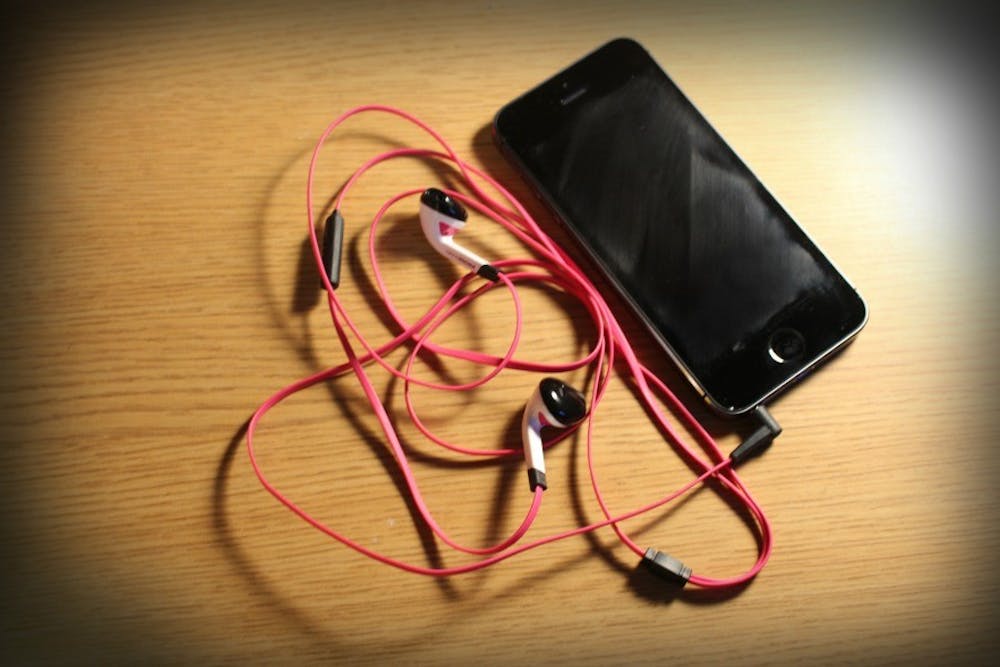By Mary Schrott, Senior Staff Writer
Before brushing my teeth yesterday morning, I received a phone call saying the police were on their way to arrest me. I like to think I'm not a gullible person, but I will admit that during that phone call, I considered what to wear to jail.
My phone displayed a number calling from Washington, D.C., and I answered, thinking it was a potential employer I've been in contact with. However, after several tries because of broken English on the other end, the alleged Department of Taxation worker explained to me that I had not paid my student taxes.
He continued to say that I had been contacted several times via my Miami student email warning me to pay them. After not complying with these fictitious emails and paying the tax, I had become fraudulent and the police were coming to arrest me unless I gave him my information.
Unfortunately, all of this happened before I read the scam warning on myMiami. While I eventually hung up - thanks to my roommate, who informed me of the scam - I can say the whole experience was unsettling.
The D.C. number continued to call, as well as a 9-1-1 number. As I watched the calls coming in, my phone began to recognize the sources were from Egypt and India.
While I am not thrilled my information somehow made it to these transatlantic scammers, having my phone confirm their location was comforting.
Everything your phone does for you and doesn't do for you make for an epic love/hate relationship. Our phones entertain us, organize us, connect us and make life easier in so many ways. Yet they also are our biggest vices - they distract us, contain sensitive information and allow for scams like this to happen.
Recently, smart phone privacy protection has been disputed as Apple and the U.S. government battle over a locked terrorist phone.
On Wednesday, Apple released a statement responding to a federal judge's order for the company to help unlock an iPhone used by one of the shooters in last year's San Bernardino attack. Tim Cook, Apple's CEO, is resisting to follow the judge's order, which he believes vies digital privacy against national security interests.
While Cook published this letter on Apple's website, it unsurprisingly made it to my Facebook feed dozens of times. It's apparent this is a sensitive issue for many people, especially for those who rely heavily on their phones.
Having your personal information protected should be a right. However, having a smart phone is not a right and putting your information on it is a choice.
It seems the further involved with smart phones we become, the less of an accessory and more of an attachment they become. This blurred line makes it hard to understand where digital privacy and national security meet.
Fourteen people died in San Bernardino. I cannot fathom the pain their loved ones are feeling and how frustrating it would be to know a preventative measure, like investigating the attacker's iPhone, is not being considered.
Not only could hacking this terrorist's phone answer questions, but it could also provide information with the potential to stop future deaths from terrorism. As important and sensitive as our digital privacy is, saving life trumps any argument in my mind.
While I thankfully didn't go to jail yesterday morning, the scam brought to mind this debate of security in our digital lives.
As long as technology continues to develop, there will be holes for people like scammers and hackers to sneak through. It comes with the territory, as does knowing the information you put out there can be compromised. What shouldn't come with any territory, however, is the threat of terrorism.
For now, all we can do is be conscious.
We must be conscious of ourselves and our information, as well as the past and how its information can shape the future.

